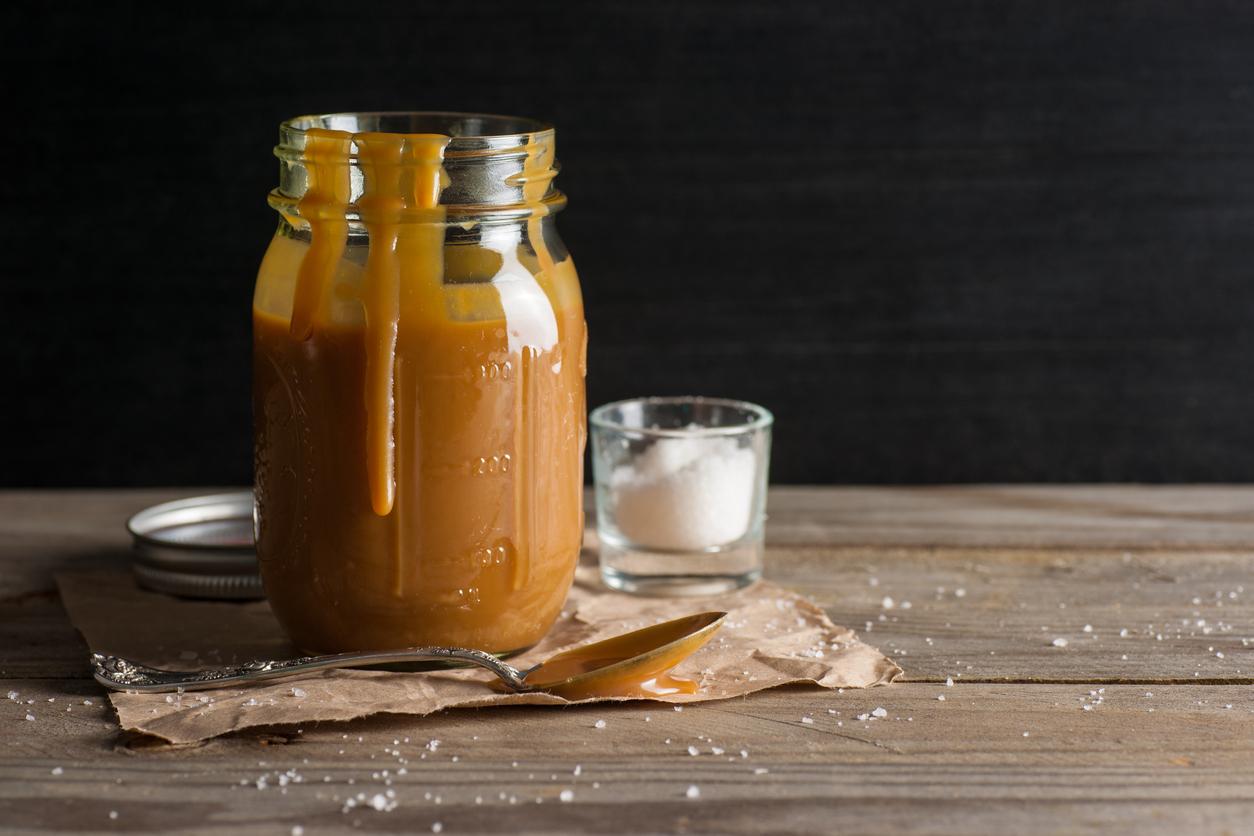The Independent's journalism is supported by our readers. When you purchase through links on our site, we may earn commission.
Why you can’t stop eating salted caramel, according to science
There’s a reason the mix of sugar, fat and salt flavours is so addictive

New research has revealed that there is a scientific reason you can’t stop eating salted caramel, and no, it’s not just because you’re greedy.
Made from a heady mixture of sugar, salt and fat, salted caramel was first created by a chocolatier called Henri Le Roux more than three decades ago.
But since then it has quickly taken over the Western world to become one of the most addictive substances of the confectionery world and beyond.
From typical products like chocolate, fudge, ice cream and milkshakes, to more bizarre creations such as coffee, tea, vodka and even yogurt, salted caramel is rapidly emerging as Britain’s favourite flavour.
But according to a new study, there’s actually a scientific reason behind our cravings for it.
Led by the University of Florida, scientists tested salted caramel on 150 lucky participants and found that when we scoff something sweet, salty or fatty, the brain releases heroin-like chemicals called endogenous opioids.
Imagine then the effects of a food like salted caramel which contains all three.
Marketing analysts Dr Cammy Crolic and Professor Chris Janiszewski revealed that eating it actually causes a rare phenomenon called ‘hedonic escalation.’
Here, our instinctive brains keep craving more and more with every mouthful as it detects new flavours with each bite.
By contrast, with other foods we tend to experience ‘hedonic adaptation’ – the point where your appetite says you’ve had enough.
“Hedonic escalation is more likely to occur when a palatable food consists of a complex combination of flavours, and a person is motivated to taste additional flavours on each successive bite,” the researchers write.
“Hedonic escalation can also increase consumption and influence food choice.”
While some industry experts believe that salted caramel’s hype will eventually suffer as we desire something different, its scientifically proven addictive ingredients might mean its popularity is only going to grow.
Join our commenting forum
Join thought-provoking conversations, follow other Independent readers and see their replies
Comments
Bookmark popover
Removed from bookmarks